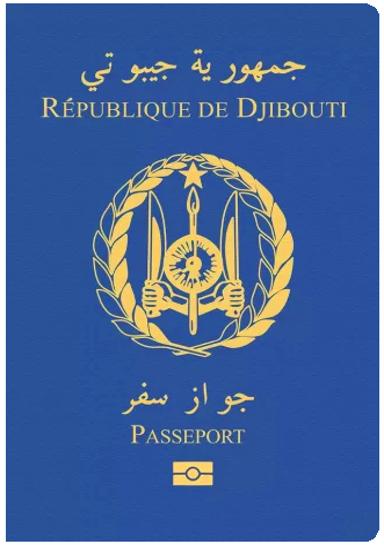Visa free access for Djibouti
As a Djibouti passport holder, you are permitted to travel visa-free to 91 countries and territories. This data is correct as of March 2024.
In order to travel visa-free, you will need a valid passport, often with at least six months until expiry. Additionally, you may need travel insurance, as required by your destination country.
Within these countries, there is often a separate section in airports where you can submit your Visa on Arrival. You will receive your visa on arrival (VOA) after entering the country that issued the visa.
Acquiring an eVisa follows the same process as applying for a traditional visa. The main difference with an eVisa is that you don’t need to visit a visa application centre. You can submit your application online, including making any payments relating to the visa.
Once the relevant authorities approve your application, you will receive a confirmation email regarding your visa status, along with a document that you must print and bring with you when crossing the border.
You will need a valid visa to enter the 91 countries with a Djibouti passport.
About Djibouti
Djibouti, located in the Horn of Africa, is a small but strategically significant country due to its location near some of the world’s busiest shipping lanes. It’s bordered by Eritrea to the north, Ethiopia to the west and south, and Somalia to the southeast, with the Gulf of Aden to the east.
Djibouti’s climate is arid, with hot conditions prevailing throughout the year. Its landscape is characterized by volcanic formations, plateaus, and highlands. Despite the harsh climate, Djibouti is home to a rich array of wildlife, including various species of birds and mammals.
The Djiboutian culture is a blend of Somali, Afar, and French influences, with Islam being the predominant religion. The population, estimated at around 973,560 as of 2021, is mainly urban, with the majority living in the capital, Djibouti City.
The economy of Djibouti is heavily reliant on its strategic location, with the port services and ship refueling industry being significant contributors. It also hosts military bases for several foreign countries. Despite these advantages, Djibouti faces economic challenges, including high unemployment rates and poverty.
In conclusion, Djibouti is a country of contrasts, with its strategic location, diverse culture, and arid yet captivating landscape making it a unique destination.

 Djibouti
Djibouti




































































































































































































